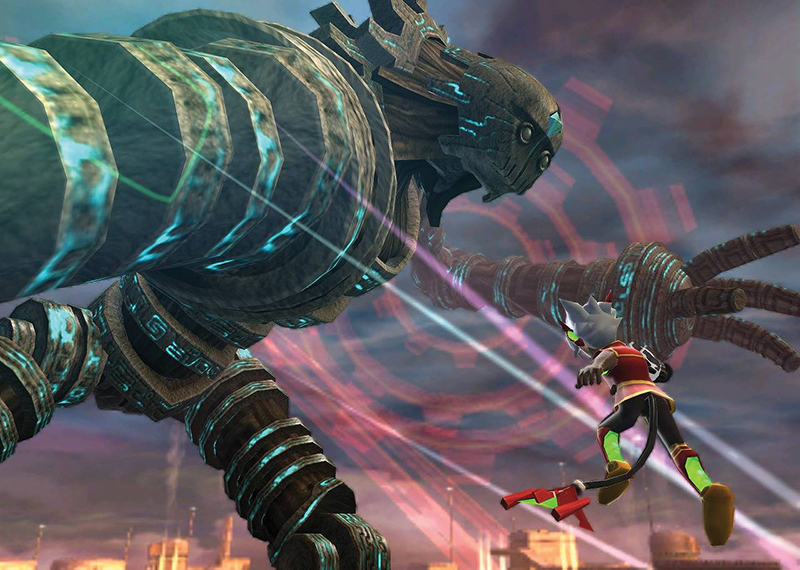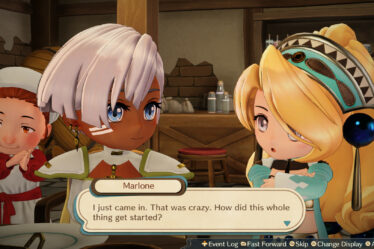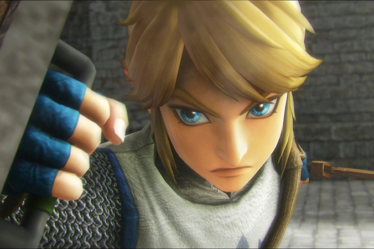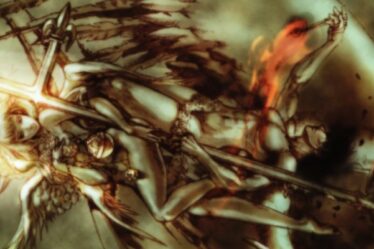
This article was originally published in Italian on GeekGamer.it in 2015.
You know that feeling of helplessness when you’re faced with a video game you want to love, to shield from the harsh voices of those who dismiss it outright as terrible? Those titles you feel like defending tooth and nail just because they’re an “homage to the old school”? Situations that almost always involve games with minuscule production values or a blatantly “kids-friendly” aesthetic, when the market and the masses demand testosterone-fueled atmospheres and protagonists even on the covers of puzzle games. Of course, unless we’re talking about a browser game or a mobile title—there, super-deformed piglets and Disney-manga girls are totally acceptable.
But going back to the main point, I believe Rodea: The Sky Soldier would have fit perfectly into that category—if only it had been well made.
Instead, Yuji Naka and his studio, Prope, return to mid-budget game development after their experiments on the Nintendo Wii and the mini-games for the Nintendo 3DS StreetPass Plaza, only to deliver a disappointing adventure that lasts precisely as long as the player’s tolerance for pain. Because, let’s be honest, there’s nothing worse than a broken video game sold at full price as if it were a finished product—so shamelessly, too. I haven’t seen something so blatantly incomplete and clumsily put together since the atrocious Sonic Boom: Rise of Lyric. And even if one were to be lulled by the high-quality illustrations and the whimsical, dreamlike atmosphere of a gaming era that will never return, reality quickly sets in: a gameplay experience that is, at times, unplayable, weighed down by a control system that should never have made it past playtesting. Actually, it’s incredible to think that someone tested this game at all before approving its worldwide release.
And yet, all the right ingredients were there: take one of the most well-known faces of the classic Sonic Team—the one responsible for the 2D Sonic games and the first two Sonic Adventure titles—mix that with the fact that Rodea was meant to be Prope’s first ambitious project (a studio previously known mostly for Let’s Tap on the Wii). Stir in a broth of hope and manly tears, and you’d get what is essentially the illegitimate love child of Sonic the Hedgehog and NiGHTS—the androgynous, graceful protagonist of NiGHTS into Dreams. On paper, the premise would make anyone hungry for more. So what went wrong? Hard to say, but judging by the final result, I’d instinctively answer: “everything.”
The game’s hero is a silver-haired android said to possess human emotions. His only real ability is the power to soar through the air for a limited amount of time, and the entire gameplay structure revolves around this mechanic. The level design, enemy placements, ramps, and boost pads (blatantly borrowed from Sega’s blue hedgehog) essentially serve as a playground where players can try to enjoy themselves—assuming they can survive the erratic camera movements and sluggish controls, which almost never manage to translate one’s intentions onto the screen. Not due to any lack of skill, of course, since getting flung from one side of the level to the other for no reason is the rule, not the exception. That is, if you can even resist the urge to turn off your console after yet another game over caused by a scripted sequence failing to trigger or a disastrous homing attack, shamelessly lifted from 3D Sonic titles.
Scattered throughout the game are glowing orbs that can extend the protagonist’s flight time if the limit is exceeded, but unless one learns to severely restrict their aerial maneuvers, they’ll quickly meet the game-over screen. There’s no shortage of power-ups and assorted bonuses, including some rudimentary tools for targeting distant enemies, but none of it really matters. In 90% of cases, the overwhelming presence of glitches and technical flaws forces you to just sprint madly toward the end of the level before something surreal abruptly ends your run.
And no amount of good concept design can save it, even if it’s clear what the developers had in mind and what their good intentions were. For instance, the environments—though barren, empty, and barely decent (it’s not uncommon to walk on incomplete polygonal fragments of scenery)—were structured to reward exploration by hiding collectible medals in each level, often reachable through unconventional and creative means. These medals can be spent in an in-game shop filled with unlockables, including a first-person mode which, just hearing about it, already gives me anxiety. A first-person camera in a game with broken controls? I can already see the viral YouTube videos of people cursing at their screens, rattling off the saints’ calendar in reverse across five different languages. And the PEGI rating goes up.
So, credit where it’s due: Rodea: The Sky Soldier is a game with an undeniably ambitious spirit, despite its unfortunate and delayed release. Rumor has it that the game was actually completed in 2012 for the Nintendo Wii, but Kadokawa Games decided to postpone its launch to develop in-house ports for the Wii U and 3DS, resulting in the mess I now hold in my hands. In fact, even Yuji Naka himself reportedly took to social media, urging players to experience the Wii version—thankfully included in the Wii U package—while avoiding the other versions altogether. Unfortunately, I only had the chance to test the Wii U edition first and later the 3DS version. As for the latter, while it’s virtually identical apart from some trivial cosmetic differences, it does manage to somewhat mask the awful graphics thanks to the low resolution of the handheld’s screens. However, it struggles to deliver anything but a depressingly poor technical performance—one that doesn’t even manage to hit 60 FPS on a home console.
Amazingly released in the West while far more deserving titles remain stranded in Japan, Rodea: The Sky Soldier arrives on contemporary Nintendo platforms as a fundamentally broken product, inexplicably sold at full price and shamelessly marketed under the weight of the big name on its cover. Now, I’m very curious to see what this so-called Wii version—Naka’s original vision—actually looks like, and sooner or later, I’ll probably write something about it. But what I’ve played so far was simply bad, poorly made, borderline fraudulent. Would you blow out candles on a half-baked cake that you paid full price for? I don’t think so.


